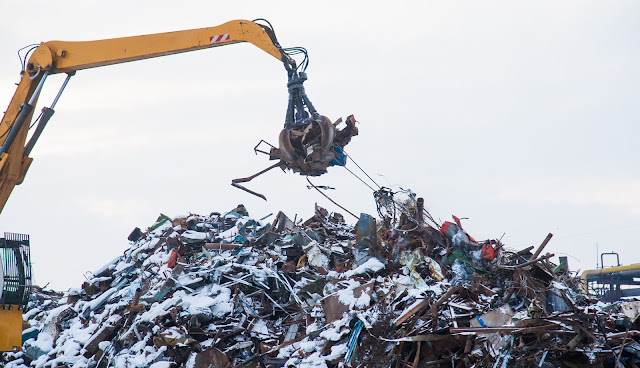Recycling is important to help conserve the environment, making it a habitable place for generations to come. When recycling, a sense of achievement is often felt, motivating you to do a bit more.
However, with the money involved, getting into recycling is easier than ever. Here are some ways recycling is good for your wallet.
However, with the money involved, getting into recycling is easier than ever. Here are some ways recycling is good for your wallet.
Recycle Scrap Metal
Metal is one of the most popular recyclable materials as it does not degrade with every subsequent recycling. When using metal materials, taking them to a scrap metal yard will make for some extra money.
Note that different kinds of metal such as steel, iron, brass, copper, and aluminum are different, so the payout will vary. But selling off scrap metal is a great way to make money and help the environment at the same time.
Old Books
In many homes, there is a stockpile of books lying around with no use. The books can be from school or a hobby. A simple way to recycle is to trade your books you don’t need for credit at a used book store. This way you can get new books while extending the lifecycle of your old books.
Collect Cans
Be it soda, beer, or any other beverage, many people consume can after can. While normally these cans would go in the garbage, many people collect them. Once you have a fair bit of cans, you can sell them to a recycling center. Then you can feel better about having so much soda!
Electronics
New technology comes out every day. Old technologies become cheaper and new tech becomes more powerful. Your old computer may be too slow for you, but it could be just right for someone else.
Consider selling it to someone else. If you can’t find a buyer, you could consider using old hardware for simple tasks, like a back-up box.
Another option is tech recycling companies. Some companies will buy broken-down electronics and then break them down into base elements such as gold, copper, and silicon.
Another option is tech recycling companies. Some companies will buy broken-down electronics and then break them down into base elements such as gold, copper, and silicon.
While there’s not enough gold for you to make a reasonable profit, a dedicated company can make a profit. So consider selling your old equipment to recycling centers.
Recycling is a simple change of mindset. Turning off unused lights will help in decreasing the electricity bills. Recycling cans and tins from food, and trading them in will help get cashback instead of getting the items in landfills. Remember, recycling can be good for more than just the environment.
Recycling is a simple change of mindset. Turning off unused lights will help in decreasing the electricity bills. Recycling cans and tins from food, and trading them in will help get cashback instead of getting the items in landfills. Remember, recycling can be good for more than just the environment.




